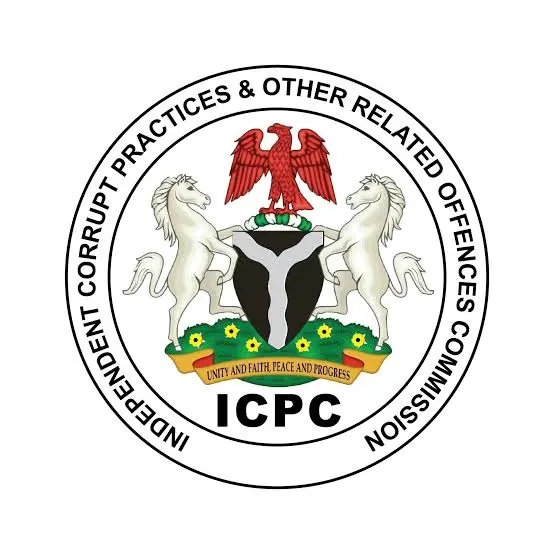Share!
Illicit Funds Draining Nigeria’s Revenue, Foreign Reserves – ICPC Bos
The Chairman of the Independent Corrupt Practices and Other Related Offences Commission (ICPC), Prof. Bolaji Owasanoye, has said Illicit Financial Flows (IFFs)
remain a drain on Nigeria’s potential revenue accretion and foreign exchange reserves.
He said this in Abuja at the one-day hybrid sensitisation workshop on the published “Guidelines for Private Sector Response to Illicit Financial Flow (IFF) Vulnerabilities in Nigeria” organised by the ICPC.
This, according to him, has resulted in exchange rate depreciation, inflation and increase in cost of servicing external debts in addition to negatively impacting on the cost of imported goods like petroleum.
On the way out of IFFs trap, the ICPC boss called for diverse measures to tackle the menace in all its forms and in order to improve Nigeria’s quest for domestic revenue increase relative to the size of her economy and in spite of the volatile global economic and financial system.
He assured that the Commission would continue to focus attention on practical measures to enhance Nigeria’s ability to stem IFFs, reduce capital flight and enhance the country’s capacity for domestic resource mobilisation by identifying vulnerabilities and other weaknesses in the systems and processes of agencies and institutions within the public and private sector and advising reforms to mitigate losses.
Prof. Owasanoye explained that the sensitisation workshop was necessitated by the need to get the feedback of the private sector constituency on any possible challenges towards implementation of the recommendations in the guidelines.
He added that a similar platform would be created for public officers and other stakeholders to ventilate the Guidelines for Negotiation of Contracts and Agreements.
The Programme Director (Africa) of Centre for International Private Enterprise (CIPE), Mrs. Lola Adekanye, gave an overview of the published guidelines while the Chief Compliance Officer and Company Secretary of Oando Plc, Mrs. Ayotola Jagun, outlined the private sector response to the guidelines.
The sensitisation workshop was attended by stakeholders and operators in the private sector such as the Manufacturers Association of Nigeria, Association of Professional Bodies of Nigeria (APBN), Institute of Chartered Accountants of Nigeria (ICAN), Chartered Institute of Taxation of Nigeria (CITN), Chartered Institute of Bankers of Nigeria (CIBN), and Nigerian Association of Chambers of Commerce, Industry, Mines, and Agriculture (NACCIMA).
Other private sector stakeholders that participated at the workshop include: the Abuja Chamber of Commerce and Industry (ACCI), Odu’a Chambers of Commerce, Industry, Mines and Agriculture (ODUA’CCIMA), Real Estate Developers Association of Nigeria (REDAN), Infrastructure Concession Regulatory Commission (ICRC), Bureau of Public Enterprises (BPE), and members of the Inter-Agency Committee on Stopping IFFs from Nigeria.
The “Guidelines for Private Sector Response to IFF Vulnerabilities in Nigeria” is published by the ICPC and it seeks to enable private sector practitioners better understand the phenomenon of IFFs and provides guidance to them on what to look out for and avoid in the course of their business transactions.
No related posts.
